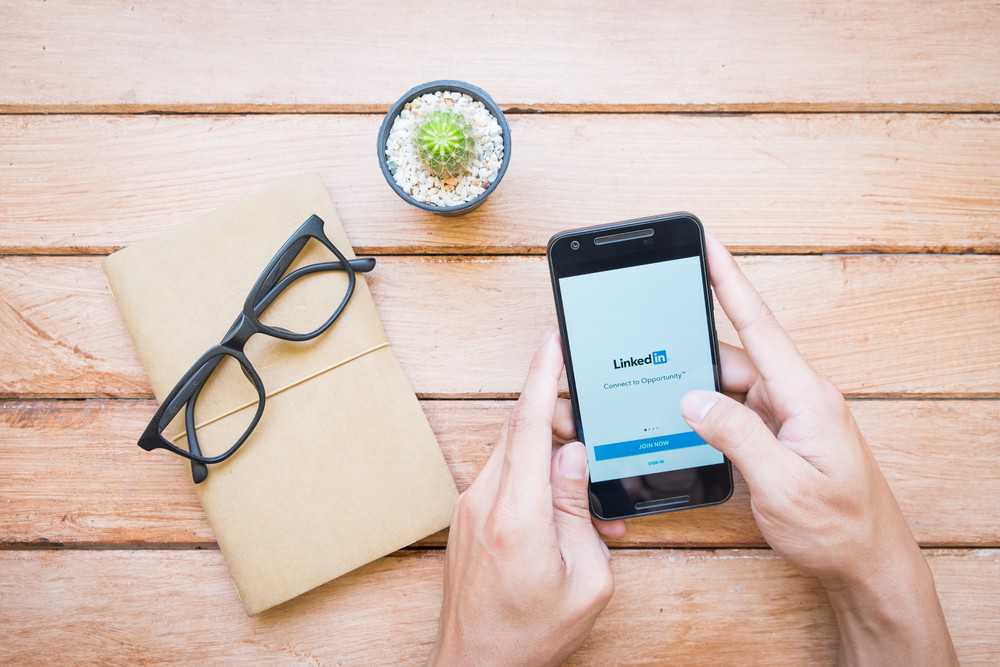LinkedIn users ditch polite networking for true talk on US race and inequity
01 July, 2020

"That is white supremacy. That is institutionalized racism," Aaisha Joseph, an executive assistant in New York City, posted on Microsoft Corp's LinkedIn in early on June, phoning out the Black color leadership vacuum at tech giants.
In another content on LinkedIn, Ian Davis, a Black innovative consultancy executive who founded Age of the Imaginative, named out his former bosses at a worldwide advertising agency, for telling him he previously an "attitude problem" after speaking out.
Uncomfortable remarks like these, that have generated a large number of responses and an incredible number of views, were once shunned in the office and confined to no-holds-barred forums just like Twitter Inc. However they are now increasingly common on LinkedIn, known extra because of its polite discourse where users networked their method with their next job.
As US corporations grapple with addressing racism and inequality stoked by nationwide protests, personnel sheltering in place through the coronavirus pandemic have staked away LinkedIn as another battleground for unvarnished debate in the virtual office.
"We aim for the conversations on LinkedIn to reflect real-lifestyle conversations in the workplace, and that includes issues that deeply have an effect on our members' lives," LinkedIn's Director of Item Liz Li said in a good statement. "From home based driven by COVID-19 to Black Lives Subject and racial injustice, we're seeing more conversations on the program between co-workers, connections and by corporations."
Firms blanketed LinkedIn and other sociable media platforms with declarations of solidarity with the Dark community following the loss of life of George Floyd, a great unarmed Black guy killed by Minneapolis law enforcement. That helped extend the boundaries for what's now permissible at work, even virtual ones hosted on platforms such as LinkedIn, stated Brittany Bronson, a diversity and inclusion consultant for Rebrand Profession Consulting.
"We have all brought even more of our personal lives to function since COVID-19 started out - we're seeing our co-workers' kids, dogs, partners, father and mother," Lisa Ross, US chief operating officer for consultancy Edelman, told Reuters by email. "It’s harder and harder for individuals to hide their sights, and I believe the open conversation you’re finding on LinkedIn is portion of that."
The day before the Juneteenth holiday, Ross posted: "With all credited respect- I don't need anyone to give me a holiday...I want pay equity, equivalent opportunity, and access."
The shift in tone and content has also created a challenge for LinkedIn to balance the need to foster genuine and productive expression while maintaining professional decorum, say experts.
That played out in LinkedIn's own backyard in June when it had been forced to reverse an insurance plan that once allowed its workers to create anonymously during firm meetings to make a "safe and sound space" for opinions after some staff members posted "offensive" comments throughout a company-wide area hall meeting to handle diversity.
"We require users on our system to have real identities and we will not allow anonymous concerns in all hands meetings in the future," LinkedIn CEO Ryan Roslansky wrote in a good blog post explaining the new policy. "We aren't and will certainly not be a company or program where racism or hateful speech is normally allowed."
The platform's moderators stepped in again in June when one LinkedIn commenter said a picture of several Black Harvard Law students appeared as if "gang members." Mo Light, who posted the photography of himself and his classmates, which attracted a lot more than 1.3 million views and 12,000 reactions on LinkedIn, demanded the name caller be held "accountable."
In the comments portion of the content, LinkedIn told Light it had been investigating the matter. LinkedIn declined to touch upon the position of users' accounts. The commenter's account is no longer active.
Furthermore to employing individual community moderators, who discipline complaints from users, LinkedIn as well uses artificial intelligence and automated systems to detect and remove inappropriate content material to make certain that the system remains a "genuine, respectful and specialist community," Li said.
For advertising exec Davis, who waited 10 years before airing his grievances against his former bosses at McCann Worldgroup for recommending anger operations classes when he spoke up at the time, LinkedIn helped bring closure to an agonizing episode in his job.
Davis' ex - boss Jonathan Shipman, who no more performs for McCann, apologized in the comments of the post. "I've always viewed as myself a mentor however now is the time for me to become the mentee," he wrote.
Davis and Shipman told Reuters they reconnected recently and are now focusing on a project to improve the exposure of Dark professionals to the marketing industry.
A McCann spokesman declined to comment.
Source: www.thejakartapost.com
TAG(s):
